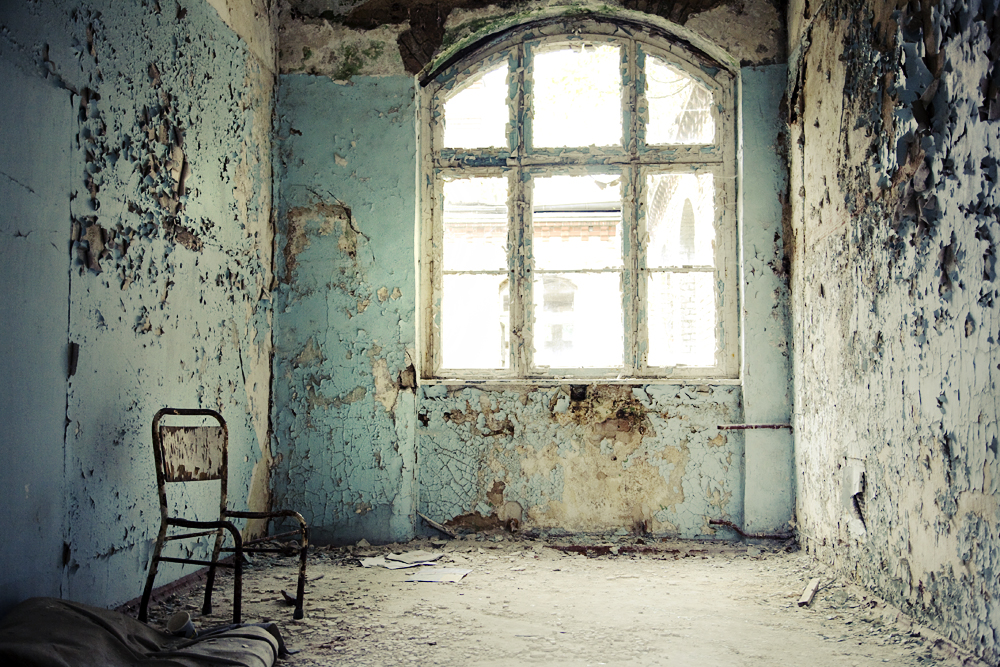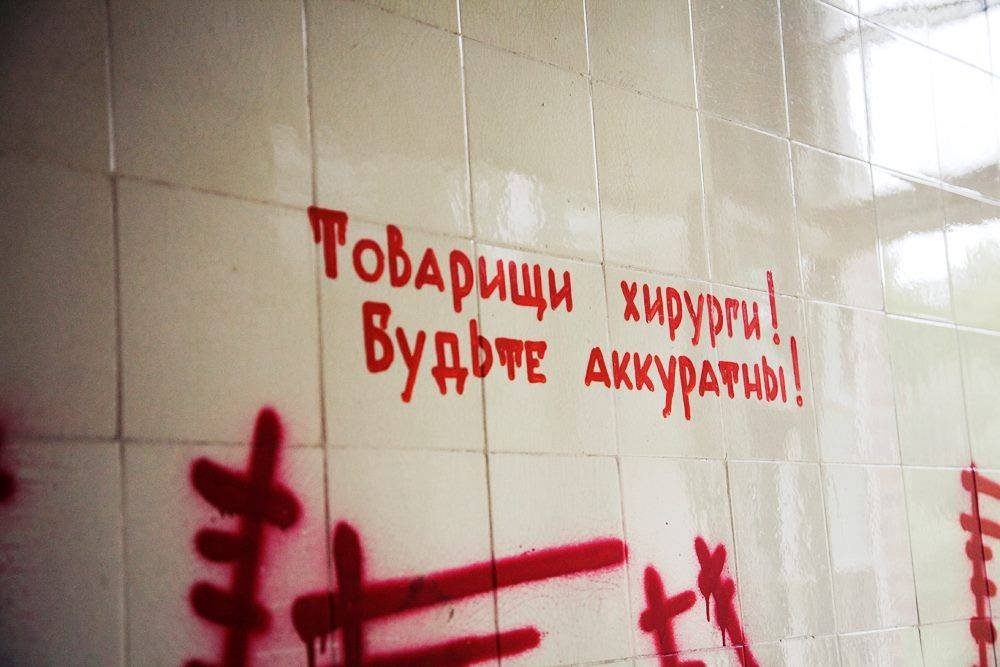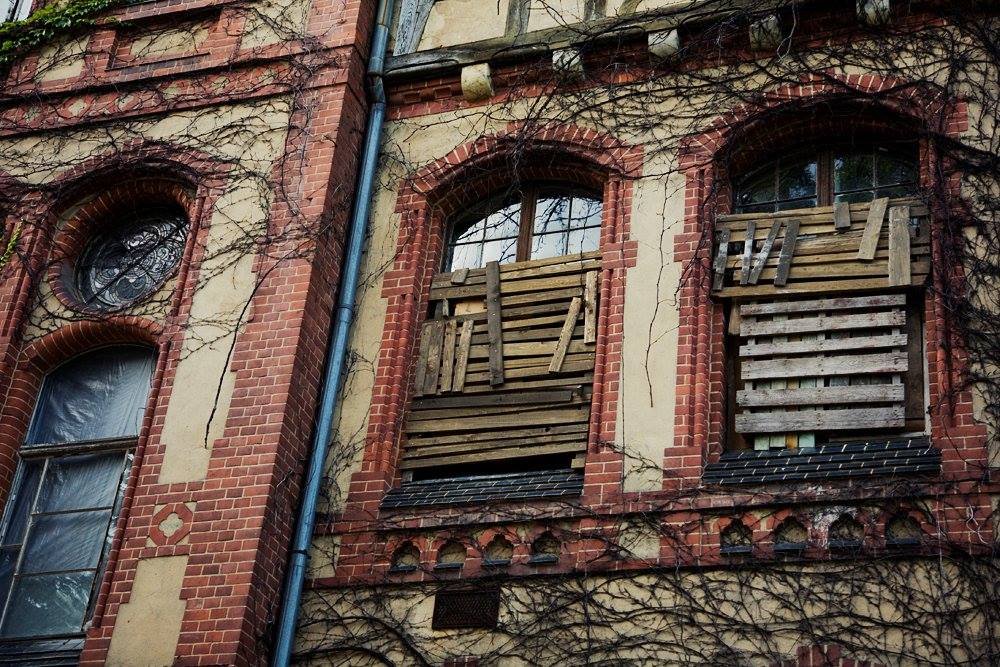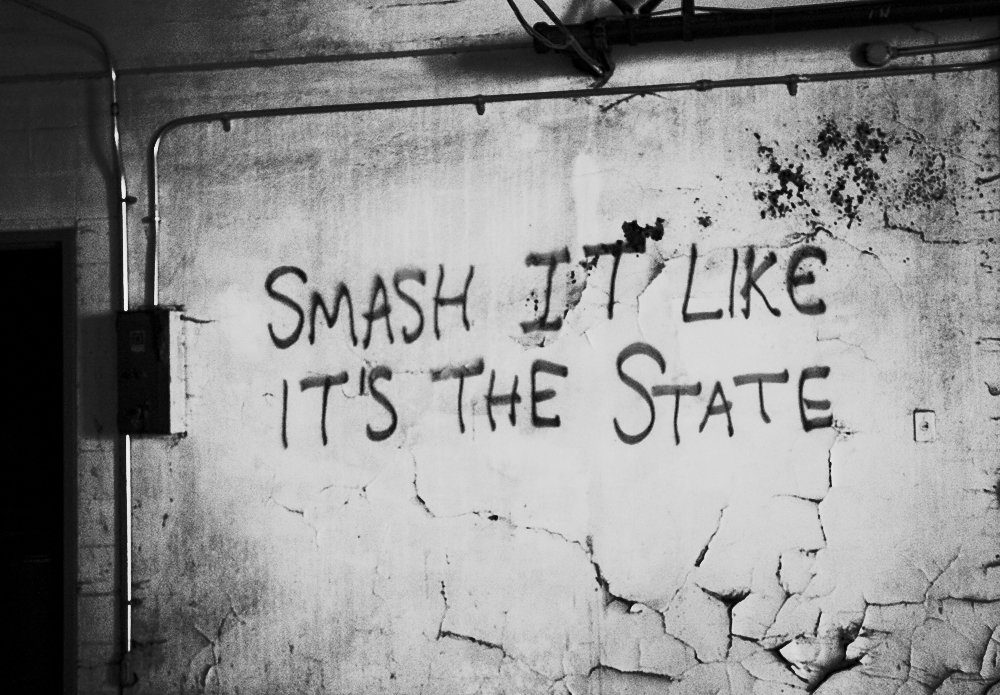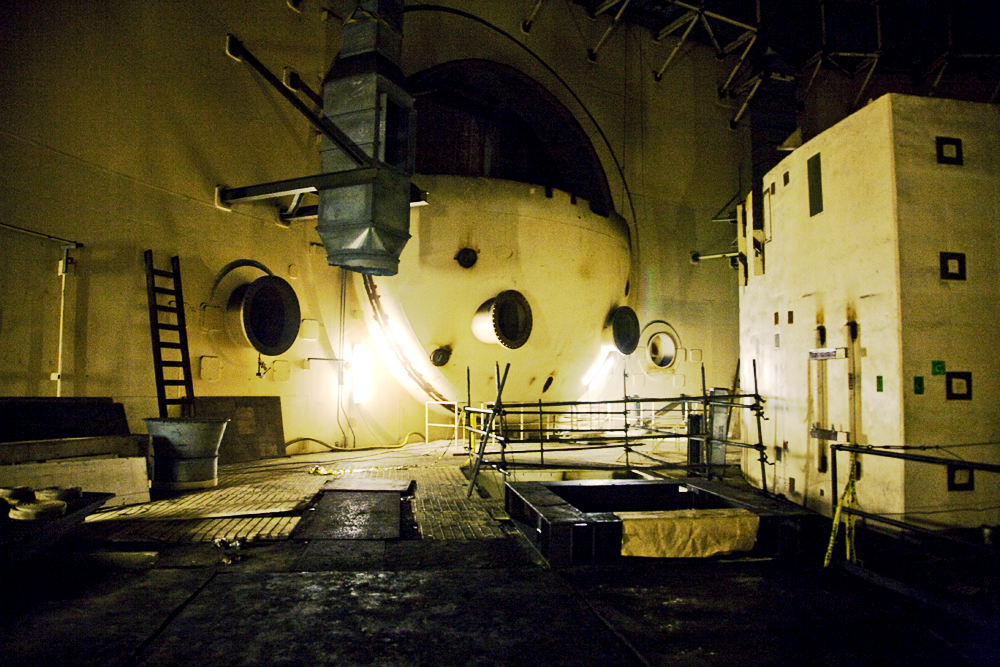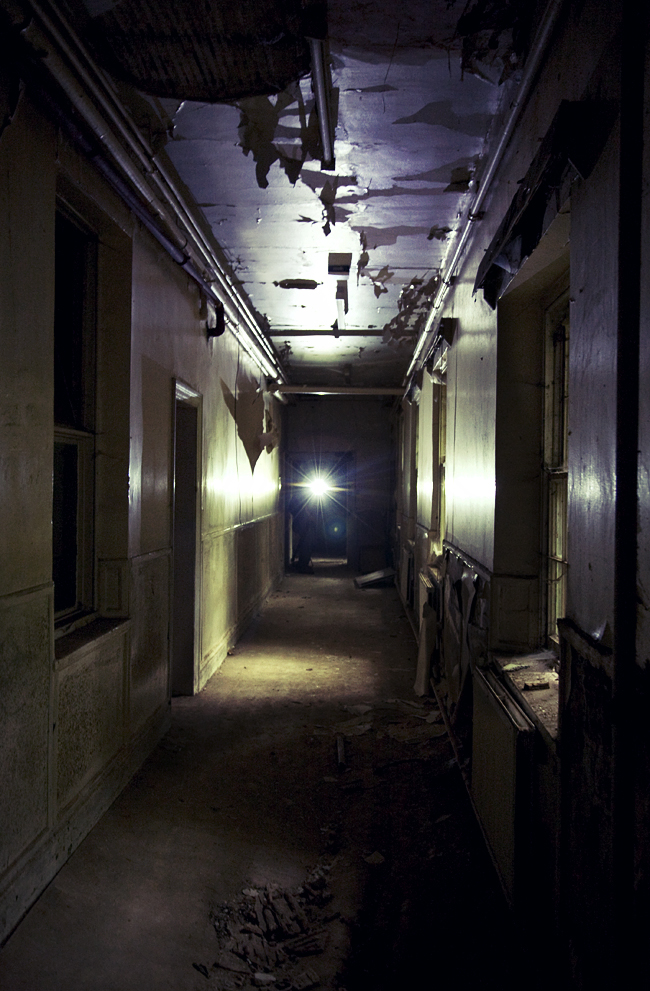You are slowly being destroyed. It's imperceptible in the scheme of a day or a week or even a year, but you are aging, and your body is degrading. As your cells synthesize the very proteins that allow you to live, they also release free radicals, oxidants that literally perforate your tissue and cause you to grow progressively less able to perform as you did at your peak. By the time you reach 80, you will literally be full of holes, and though you'll never notice a single one of them, you will inevitably feel their collective effect. Aging and degradation are forces of nature, functions of living, and understanding them can be as terrifying as it is gratifying.
I think urban exploration - exploring abandoned buildings and locations - is a step toward that understanding-- the building itself is not so much a built environment as it is a victim of this force of nature, this inevitable decay of all things, from memory to physical matter, made manifest in peeling paint, crumbling staircases, sagging floors. Some decay more quickly and violently than others, surviving barely a year before being subsumed by silence and warping, while the longest endure for well over several decades, fading into a far-off, barely perceptible memory.
The process of climbing through windowpanes and broken down doors may be the hook for many explorers, but the buildings themselves are the reward. Even the sound - ethereal silence so fluid that the listener scarcely registers the fact that it's nothing but many hundreds of repetitions of wind. The sound of silence, the sound of your own soft footsteps on broken glass and dust. The clicking of flashlights, on and off, on and off. Your breath meddling in the rhythm of the wind straying in through windows that haven't been boarded yet. The inevitable fate of places like this creates a fragility about derelict areas and a sense of urgency to capture them, knowing they can never be replicated again (unlike the developments that often replace them). The structures created by human beings have not only emancipated themselves, they have pushed their creators to the margin or completely out of the picture, because a world without people, a nightmare for our egocentric consciousness, would not be a terror for the nature surrounding us, but a blow of liberation.
In essence, these floors and staircases and hallways use nothing so much as the passage of time as their instrument, and the result is the most amazing adventure I can ever ask for, an encompassing dreamworld as lulling as it is apocalyptic. As time - months, years, decades - winds on over the structures, fragments are lost or dulled, and the details become ghosts of themselves, tiny gasps of dormant material groaning to life amid pits of near-silence. Walking through the hallways and opening long-closed doors, I find the deepest sense of peace and serenity I've ever felt, amongst creaking floorboards and stray light, infiltrated with particles of dust as ephemeral as the atmosphere itself.
I can see my life from here.






